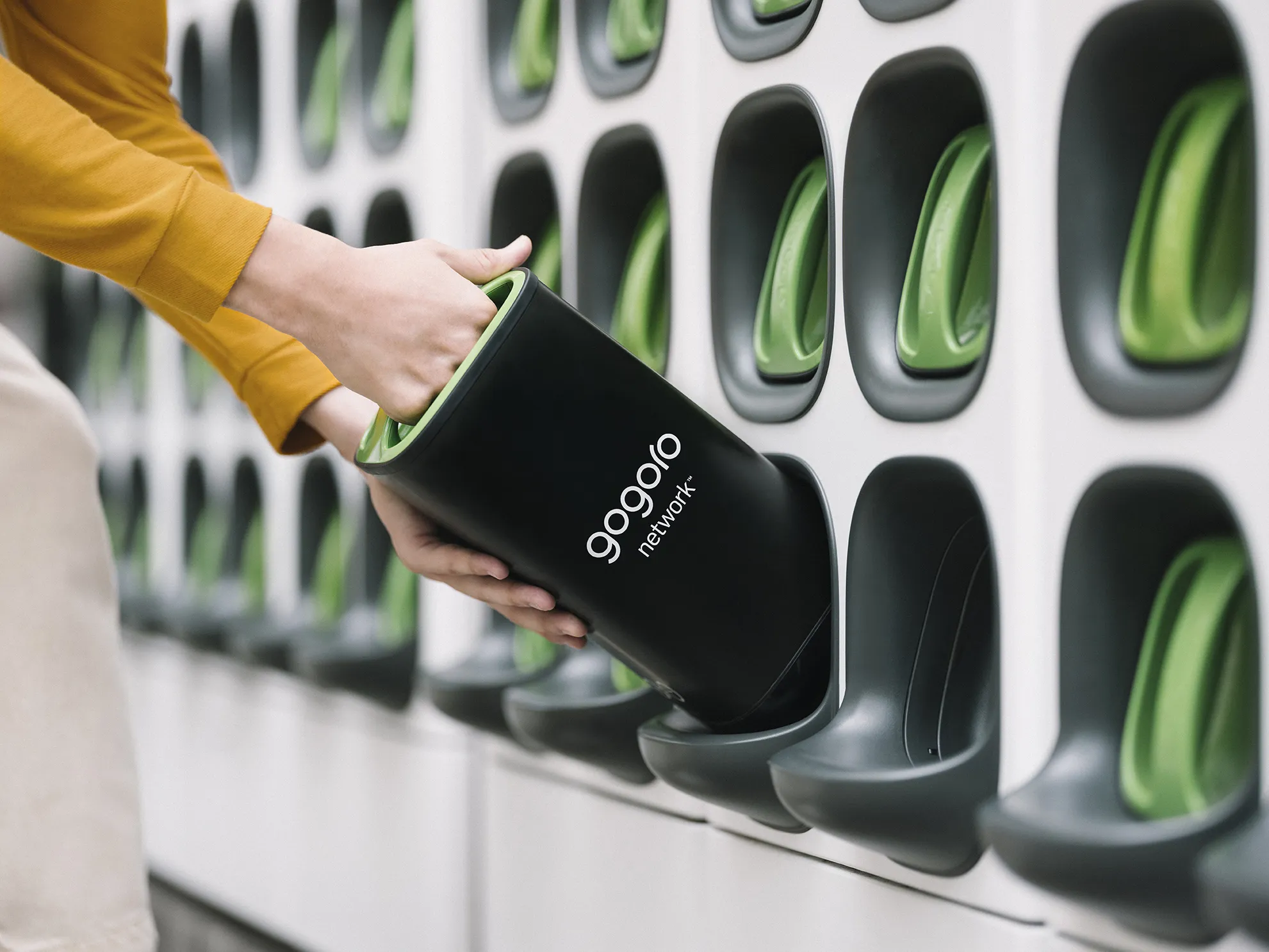New analysis from Frost and Sullivan, Strategic Analysis of the Chinese Hybrid and Electric Transit Bus Market, finds that the total hybrid and electric transit bus sales in China are expected to reach over 12,000 units by 2018, from 3,374 units in 2011. By 2018, the hybrid and electric powertrain penetration in transit buses is anticipated to be more than 14 percent. The total transit bus sales are likely to exceed 80,000 units by 2018, cementing China's domination of the global transit bus market. This is
November 30, 2012
Read time: 2 mins
New analysis from Frost & Sullivan, Strategic Analysis of the Chinese Hybrid and Electric Transit Bus Market, finds that the total hybrid and electric transit bus sales in China are expected to reach over 12,000 units by 2018, from 3,374 units in 2011. By 2018, the hybrid and electric powertrain penetration in transit buses is anticipated to be more than 14 percent.
The total transit bus sales are likely to exceed 80,000 units by 2018, cementing China's domination of the global transit bus market. This is compelling OEMs to develop innovative products, technologies, and supply chains that can help reduce the high upfront and lifecycle costs of these vehicles.
"The market for hybrid and electric transit buses is experiencing considerable momentum due to volatile energy prices, consumers' awareness about fuel efficiency, and recent green incentives by the Chinese government aimed at promoting alternative powertrain technologies," said Frost & Sullivan Industry Analyst Bharani Lakshminarasimhan. "Of all alternative powertrain technologies, hybrid technology places the least pressure on existing infrastructure."
However, customers consider hybrid and electric buses prohibitively priced and their unproven reliability and duty cycle limitations discourage large-scale investment. Nascent battery technology and poor charging infrastructure along transit corridors are additional deterrents.
The price sensitivity of Chinese customers is accelerating the implementation of strategies aimed at reducing the upfront costs of the base vehicle, hybrid/electric drivetrain, or both. OEMs' desire to differentiate themselves is impelling them to reduce operation costs and improve product quality. Key components such as modules and battery systems could become more expensive in the short term due to OEMs' dependence on foreign suppliers.
In such a scenario, partnerships are the way forward. Collaborations with foreign suppliers will help local OEMs to develop cost-effective hybrid and electric components. The motor/generator manufacturing base will expand, as foreign and local suppliers establish their units, catering to both the local and export markets.
"Simultaneously, for western suppliers, partnering with local OEMs will help them gain access to many markets such as Africa, South America, Middle East, and the Association of Southeast Asian Nations (ASEAN)," noted Lakshminarasimhan. "Localised production facilities and collaborations with transport authorities remain key differentiating factors for rapid market growth."
The total transit bus sales are likely to exceed 80,000 units by 2018, cementing China's domination of the global transit bus market. This is compelling OEMs to develop innovative products, technologies, and supply chains that can help reduce the high upfront and lifecycle costs of these vehicles.
"The market for hybrid and electric transit buses is experiencing considerable momentum due to volatile energy prices, consumers' awareness about fuel efficiency, and recent green incentives by the Chinese government aimed at promoting alternative powertrain technologies," said Frost & Sullivan Industry Analyst Bharani Lakshminarasimhan. "Of all alternative powertrain technologies, hybrid technology places the least pressure on existing infrastructure."
However, customers consider hybrid and electric buses prohibitively priced and their unproven reliability and duty cycle limitations discourage large-scale investment. Nascent battery technology and poor charging infrastructure along transit corridors are additional deterrents.
The price sensitivity of Chinese customers is accelerating the implementation of strategies aimed at reducing the upfront costs of the base vehicle, hybrid/electric drivetrain, or both. OEMs' desire to differentiate themselves is impelling them to reduce operation costs and improve product quality. Key components such as modules and battery systems could become more expensive in the short term due to OEMs' dependence on foreign suppliers.
In such a scenario, partnerships are the way forward. Collaborations with foreign suppliers will help local OEMs to develop cost-effective hybrid and electric components. The motor/generator manufacturing base will expand, as foreign and local suppliers establish their units, catering to both the local and export markets.
"Simultaneously, for western suppliers, partnering with local OEMs will help them gain access to many markets such as Africa, South America, Middle East, and the Association of Southeast Asian Nations (ASEAN)," noted Lakshminarasimhan. "Localised production facilities and collaborations with transport authorities remain key differentiating factors for rapid market growth."








